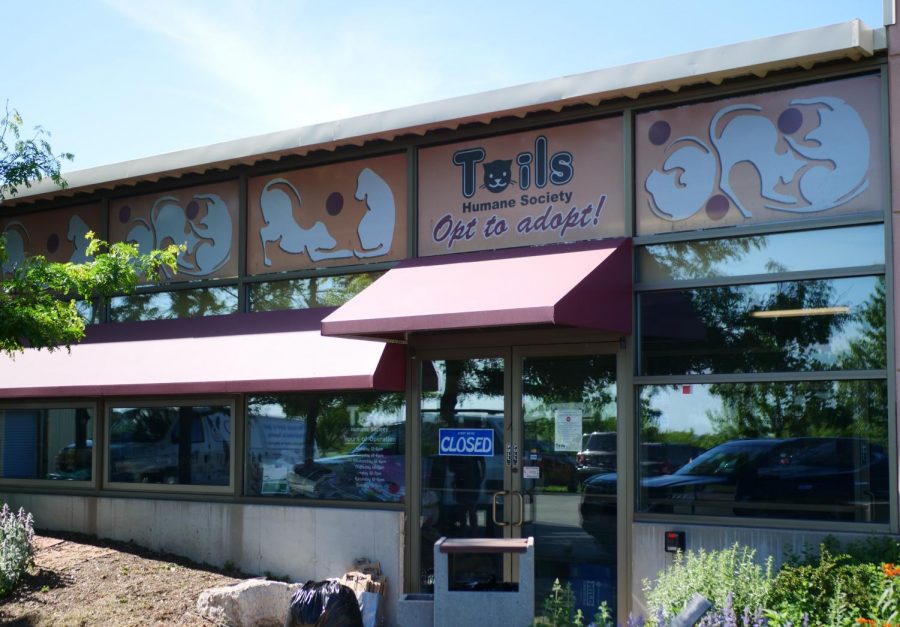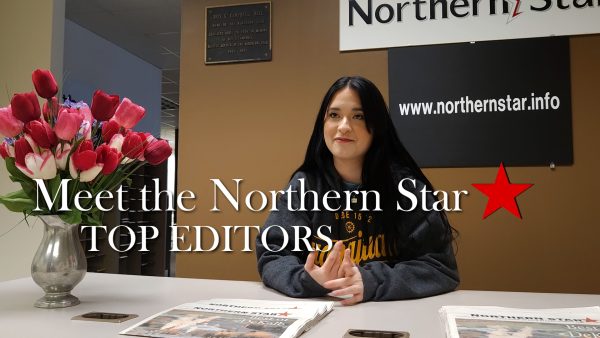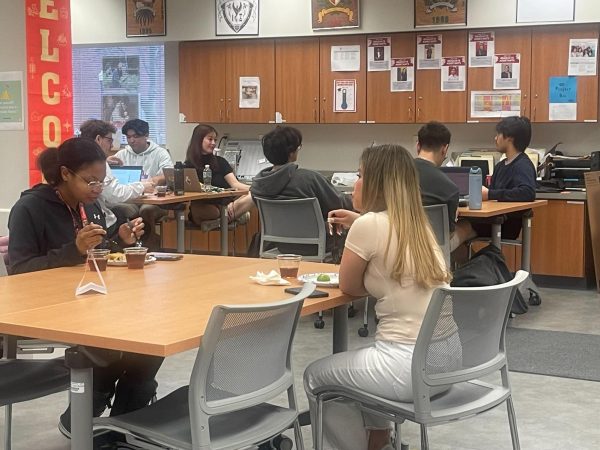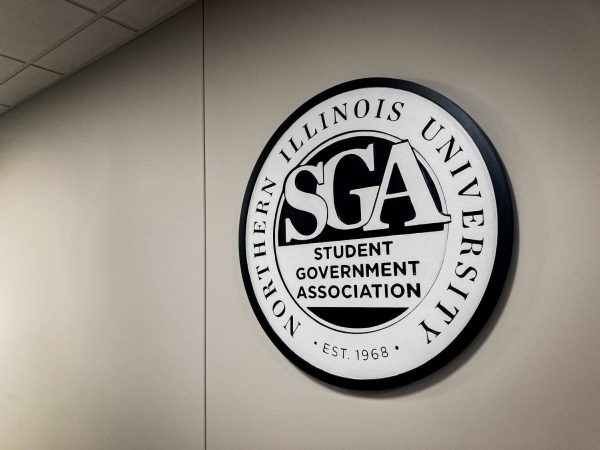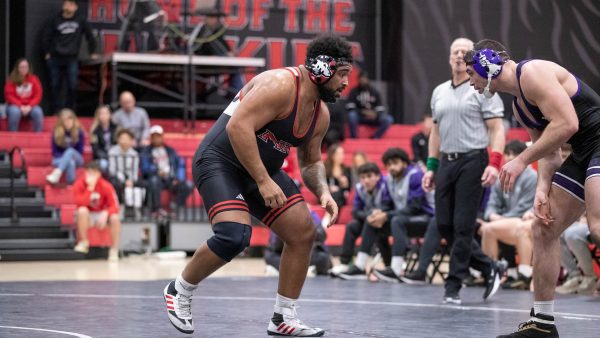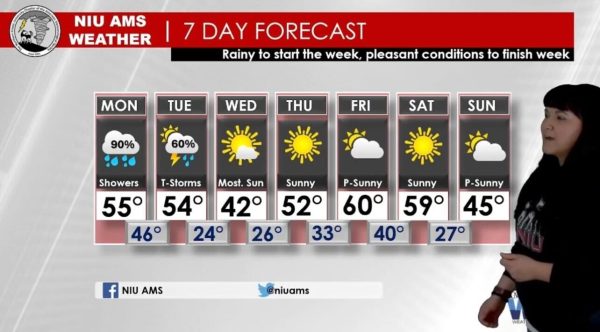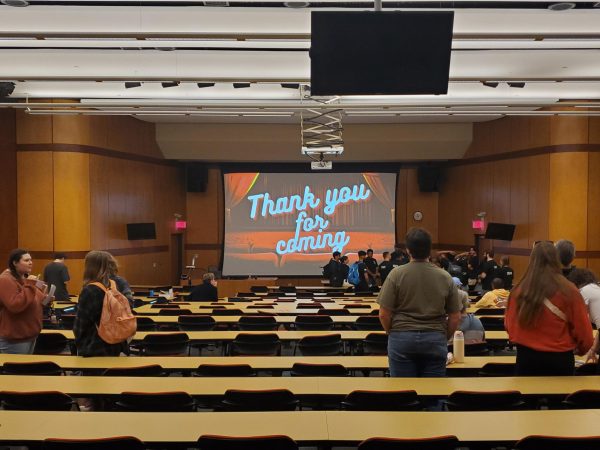Local nonprofits work to mitigate the impacts of COVID-19
Local nonprofit Tails Humane Society, 2250 Barber Greene Road, in June 2020.
January 1, 2021
DeKALB – Being prepared to adjust is the best way for a nonprofit organization to counteract the negative impacts of COVID-19, said Michelle Groeper, executive director for the TAILS Humane Society.
Food shortages, lack of funding and staffing or even simply not being able to get their new organization’s name out there have been huge impacts of COVID-19 on nonprofit organizations.
This year alone, nearly 82% of fundraisers for nonprofits in DeKalb have been canceled. Fundraising is how most nonprofit organizations get their funds, according to the DeKalb County Nonprofit Partnership’s website, as they receive 60% of their revenue from fundraising, according to a 2018 DeKalb County Nonprofit Study by NIU’s Center for Nonprofit and NGO Studies.
The DeKalb County Nonprofit Partnership is launching their “Live Here. Give Here.” campaign to raise awareness and highlight the importance of nonprofit organizations, as well as to encourage the community to consider donating to local nonprofits, in light of all the cancellations of fundraisers, according to the DeKalb County Nonprofit Partnership’s website.
“Normally we are open to the public, but due to a capacity restraint and employees who were exposed or who tested positive, it made staffing more difficult,” Groeper said.
Because of this, adoptions could only be made by appointment at the humane society, Groeper said.
“We actually had a record number of adoptions this year, which was amazing,” Groeper said. “It really helps to share the story of these pets and let people know that they are still able to adopt.”
Jackie DiNatale, communications director for the DeKalb County Community Gardens, said the biggest obstacle for the DeKalb County Community Gardens was getting food to community members. As food costs increased exponentially, the number of people needed to be fed increased exponentially as well, she said. On top of that, it was difficult to get staple foods, such as canned protein.
Because of this, the DeKalb County Community Gardens needed to do more work, with fewer volunteers, DiNatale said.
“We had to reduce the amount of volunteers we accepted, even though we heavily rely on our volunteers,” DiNatale said. “We still needed the manpower, so we asked people if they were willing to work longer hours, doing tasks that may not originally be in their job description.”
The DeKalb County Community Gardens held more fundraisers and applied for grants through the state of Illinois to help offset the increasing costs of food, DiNatale said.
The community was able to hold a food drive and donate food to the DeKalb County Community Gardens, DiNatale said.
“We ended up being able to have our program Grow Mobile, our mobile food pantry – which is usually used four to six times per month – used 12 to 14 times each month after April,” DiNatale said.
Applying for grants such as the DeKalb County Community Gardens did is not as easy for new organizations, such as Acts of Grace, which was established almost a year ago.
Acts of Grace provides help – whether it be homework help or general questions – for people with neurological disorders.
Acts of Grace has been unable to hold any big fundraisers, so they’ve gotten their name out primarily through word-of-mouth, said Jeanette Johnson, director of support services for Acts of Grace.
“We don’t have a lot of costs, so a couple of sponsors here and there and generous donations have been enough so far,” Johnson said.
Both the TAILS Humane Society and the DeKalb County Community Gardens have seen positive reactions from the community during their time of need.
“We are so grateful for the generous donations that have come in from our community,” DiNatale said.



